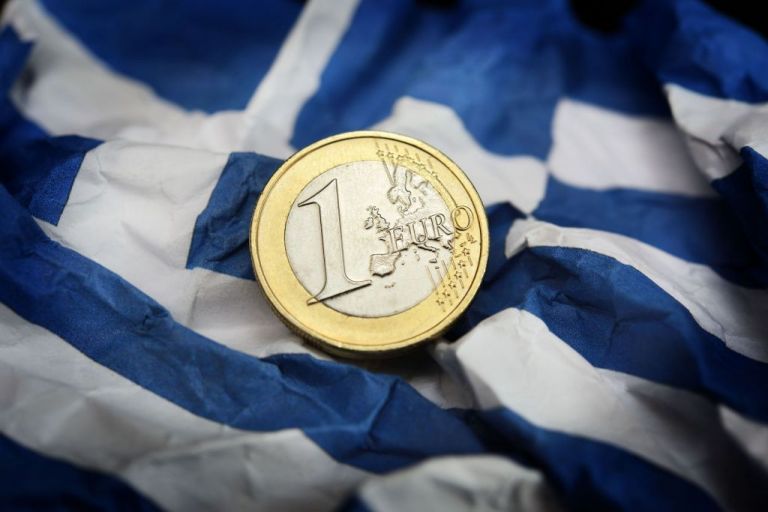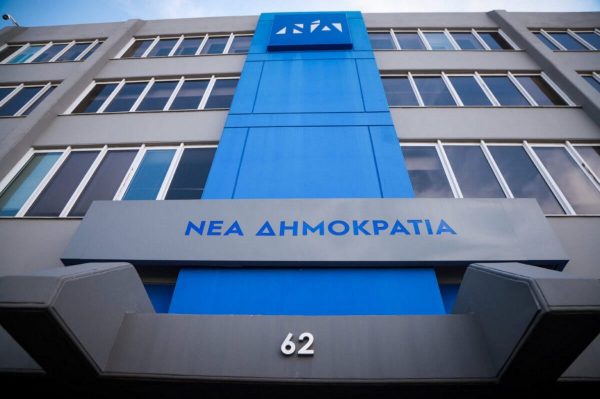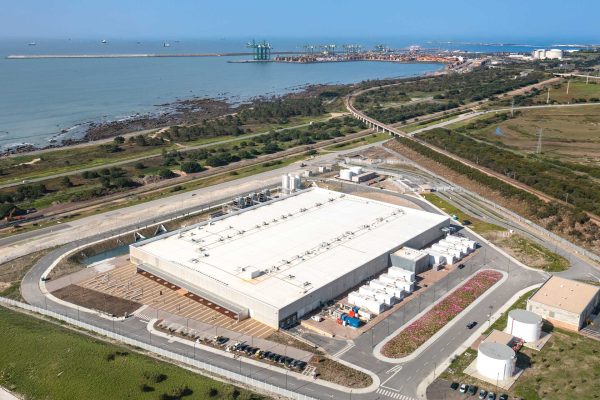
The opening of the offer book for the re-issue of a 7-year title is simply just a matter of hours. Greece is sending an invitation with the aim of raising an amount of 1.5-2.5 billion euros. Conditions are the best possible, given the international turmoil. Conditions were considered appropriate after the two upgrades of the Greek economy by the rating agencies (Apr. 2022 S&P to BB +, March 2022 DBRS to BB high), the improved deficit of 2021 by Eurostat and the contribution of the French elections to the international climate.
The signal was given to the Public Debt Management Agency, which was waiting for the right time, as the upward trend of yields across the Eurozone had frozen the issuing program, which for this year was planned at 12 billion euros.
The Agency mandated BNP Paribas, BofA Securities, Citi, Deutsche Bank, Goldman Sachs Bank Europe SE and J.P. Morgan to run the process of issuing the 7-year Greek government bond issued in April 2020.
The issue will stimulate cash and also Greece will be present in the markets under the issuance program. After all, the country is re-entering markets with a strong cash advance of 40 billion euros.
Yet yields remain high across the Eurozone. In fact, after the announcement of the bond issue by the Public Debt Management Agency, the Greek ten-year bond increased to 3.11%. Greek borrowing costs had started to rise since October 2021. The ten-year bond had risen to 1.338%, from the level of 0.847 in September 2021. After the Russian invasion of Ukraine the yield is close to 2.5%.
It is noted that the last recourse to markets was on January 18, 2022 with a 10-year bond (3 billion euros with an interest rate of 1.84%). In the midst of a pandemic, 2 billion euros were raised with the issuance of a 7-year bond and an interest rate of 2% in April 2020. The previous issue of a corresponding duration was made in July 2019, with a pumping of 2.5 billion euros and an interest rate of 1.9%. In February 2018, the country raised a seven-year bond of 3 billion Euros and an interest rate of 3.5%.
Latest News

PM Mitsotakis to Chair New Democracy’s Committee Meeting
Today’s meeting is seen as a crucial opportunity to halt internal disputes within ND and reaffirm unity within the party.

Trump Tariffs Jeopardize Growth: Piraeus Chamber of Commerce
The tariffs, aimed at reducing the U.S. trade deficit, are expected to have both direct and indirect effects on the European economy

EU Condemns Trump Tariffs, Prepares to Retaliate
As tensions escalate, the EU is expected to continue negotiations with Washington while preparing for potential economic retaliation.

The Likely Impact of Trump Tariffs on Europe and Greece
Trump tariffs are expected to negatively affect economic growth in the Eurozone while Greece's exports could take a hit.

Motor Oil Results for 2024: Adjusted EBITDA of 995 mln€; Proposed Dividend of 1.4€ Per Share
Adjusted EBITDA for 2024 was down 33% yoy. The adjusted profit after tax for 2024 stood at 504 million euros, a 43% decrease from the previous year

Cost of Living: Why Greece’s 3% Inflation Is Raising Alarm
Greece appears to be in a more difficult position when it comes to price hikes, just as we enter the era of Trump’s tariffs.

Fitch Ratings Upgrades the Four Greek Systemic Banks
NBG’s upgrade reflects the bank’s ongoing improvements in its credit profile, Fitch notes in its report, including strong profitability, a reduction in non-performing exposures (NPEs), and lower credit losses

Trump to Announce Sweeping New Tariffs Wednesday, Global Retaliation Expected
With Trump's announcement just hours away, markets, businesses, and foreign governments are bracing for the fallout of one of the most aggressive shifts in U.S. trade policy in decades.

Inflation in Greece at 3.1% in March, Eurostat Reports
Average inflation in the eurozone settled at 2.2%, compared to 2.3% in February

Greece’s Unemployment Rate Drops to 8.6% in February
Despite the overall decline, unemployment remains higher among women and young people.










































 Αριθμός Πιστοποίησης
Αριθμός Πιστοποίησης